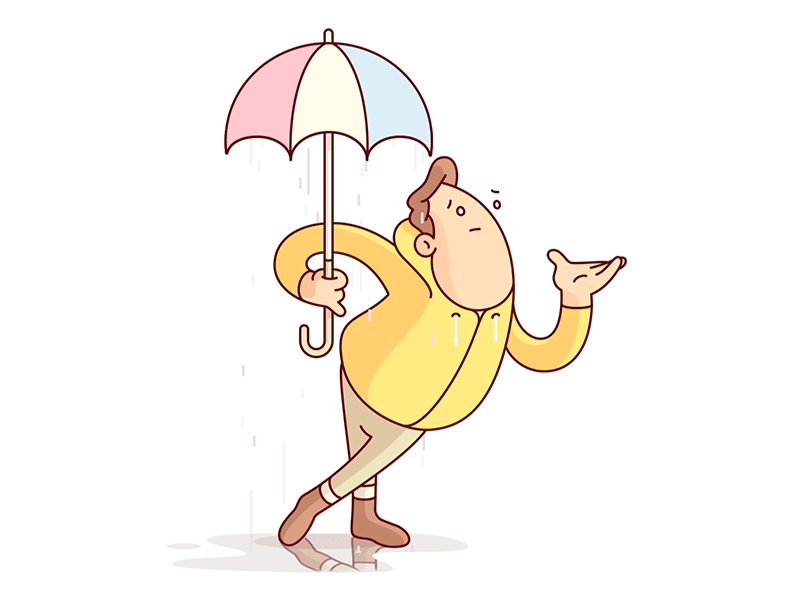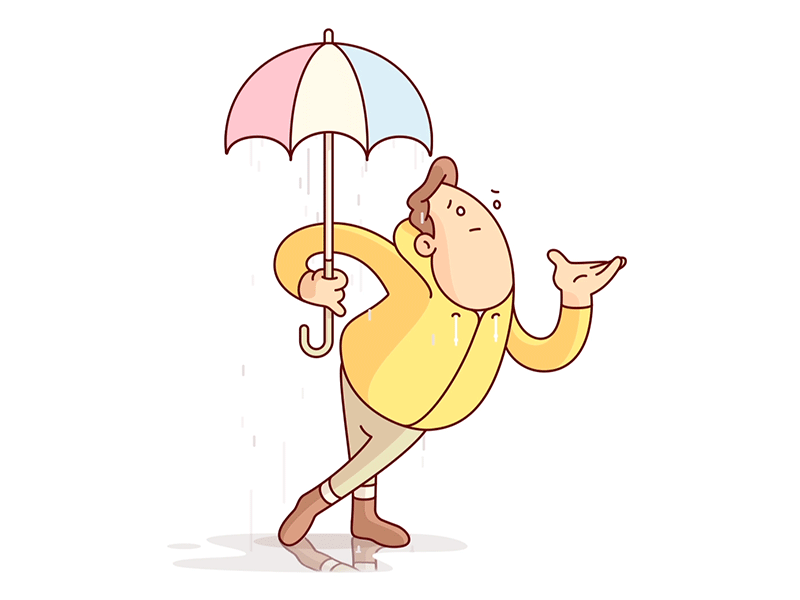The Mental Health Hackers
We rarely talk about mental health issues in the infosec space, but it is both healthy and positive for everyone if we can talk about them openly, without judgement.

Working in the information security space can very often be incredibly lonely, especially if you work remotely, something that can at times make you feel incredibly isolated and detached from the rest of society and even your peers. When you are stressed out by huge workloads and from being on constant red alert without getting sufficient downtime to recharge, it can often have a direct impact on your mental health over time. Increasingly security professionals are self medicating as a way of dealing with the stress and pressures.
One organization that exists to help those who may be struggling with mental health issues is Mental Health Hackers, a non-profit on a mission to educate tech professionals about the unique mental health risks faced by those in our field and provide guidance on reducing their effects. They also provide support services to those who may be susceptible to related mental health issues such as anxiety, depression, social isolation and eating disorders at infosec conferences.
I interviewed MHH founder Amanda Berlin to learn more about their work and how she came to form a non-profit focused on mental health in infosec.
How Did Mental Health Hackers Come Into Being?
"I had the idea to have a small workshop to open up the dialogue a little more surrounding mental health and wellness. So I submitted an idea to a couple different conferences and Derbycon was the first to accept. After talking to them they gave me the option of crowdfunding the costs of the project. That would at least give me an idea how much interest there was for an idea like that. We ended up raising around $7,000!! I put out a call for speakers and volunteers at that point."
"The village was split into talks, discussion groups, and some hands on activities. Talks were given on a variety of subjects all around mental health and wellness, like using organization to help reduce stress during projects, demystifying therapy, personal struggles people have been through and their coping techniques as well as discussion groups around imposter syndrome and suicidal thoughts."
"Jayson Street gave our closing talk in the village, it was packed, and there wasn't a dry eye in the house. As I was sitting there bawling my eyes out, listening to the conversation he was having with people in the audience, I realized that the idea I had put in place had grown bigger and was helping way more people than I had anticipated. People were talking openly about having suicidal thoughts, and coming to comfort others in the crowd and saying "dude, that stuff runs through my head all the time, you aren't alone" to the entire room."
"After that weekend I knew that the need was there, and our amazing industry was ready for it. They are ready to help, to listen, to talk, to join in a group effort to make all of us a little happier and healthier. Right away I had interest from other conferences wanting to sponsor additional villages. That's when we started down the road for our official 501c3. At this point it's been 6 months, and we've been working with a nonprofit lawyer to ensure we're doing everything the right way."
A Snapshot Into Infosec Mental Health
"Many of us are very broken people. We come from all walks of life, and many of those walks have abusive and complicated paths. Even a person that hasn't had much of a struggle is guaranteed at this point to know and be interacting with someone that is struggling with mental illness."
"Depression is currently the leading cause for physical illness in the world with a staggering amount of people suffering from that and/or other illnesses. I never thought I'd be talking about mental health almost every day. Sure it was part of my life, but really only background noise that I dealt with on my own. Now people will come up to me at conferences or on social media and tell me their stories."
"They are such personal and sometimes incredibly painful stories that they break my heart and make me feel incredibly honored for what are sometimes strangers to share with me. When you have multiple people come up to you and say something like "If it weren't for your talk/mental health hackers/your openness, I wouldn't be standing here right now. It takes my breath away and makes everything worth it."
Volunteering For MHH
I also interviewed one of the MHH volunteers Tom Williams about how he came to work with MHH and why he volunteers for them in their mental health villages.
"I discovered MHH through the Brakesec podcast Amanda co-hosts, I was planning on attending Derbycon 8 and made a point to visit the village multiple times during the conference. I attended multiple talks in the MHH Village, and was moved by how powerful the village was for all who came in."
"I see the primary goal as helping to remind people that no matter what struggles they go through with mental health, you are not alone. Someone has been there, done that, and can help you improve your situation. There are a good number of prominent, high functioning people in the infosec community with mental health issues. Whether the field attracts them or not, there are some incredible people who are facing incredible battles every day."
"Having this kind of mental health village, and having people give more talks about mental health issues is good for everyone. It would be great to see this addressed at every infosec conference, but I’ll settle for seeing it at the big name CONs for now."
The Team Behind MHH
Over and above Amanda and Tom, there is a whole team of people volunteering their time to support members of the infosec space suffering from mental health issues and over the last few months I have spent some time with them in their Slack group. It is wonderful being part of a group who genuinely care about the mental health of others, I think many people in the space tend to ignore the subject and it is refreshing to see people openly addressing the subject head on in a positive way.
The key team members over at MHH are Chief Operations Officer Chuck Thalman - @Click_wire, Chief Wellness Officer Susan Peediyakkal - @v33na, Chief Serenity Officer Courtney Allen - @editorcourtney, Chief Financial Officer Megan Roddie - @megan_roddie and Chief Emotional Officer Andy Cooper - @Integgroll. They are supported by a larger team of part time volunteers who help them in their efforts.
How You Can Help
Mental Health Hackers are always looking for volunteers who can help them run their villages at different conferences, but if you are cash rich and time poor then a good option would be to donate to their cause via their paypal page or Patreon!
Mental Health Hackers PayPal.Me Page
Mental Health Hackers Patreon Page
Every dollar counts and they need all the help they can get, we are really only just beginning to realize the scale of mental health issues in the infosec space and your contributions help the MHH team provide vital support services and safe spaces where these issues can be discussed with people who care. Please help if you can.


